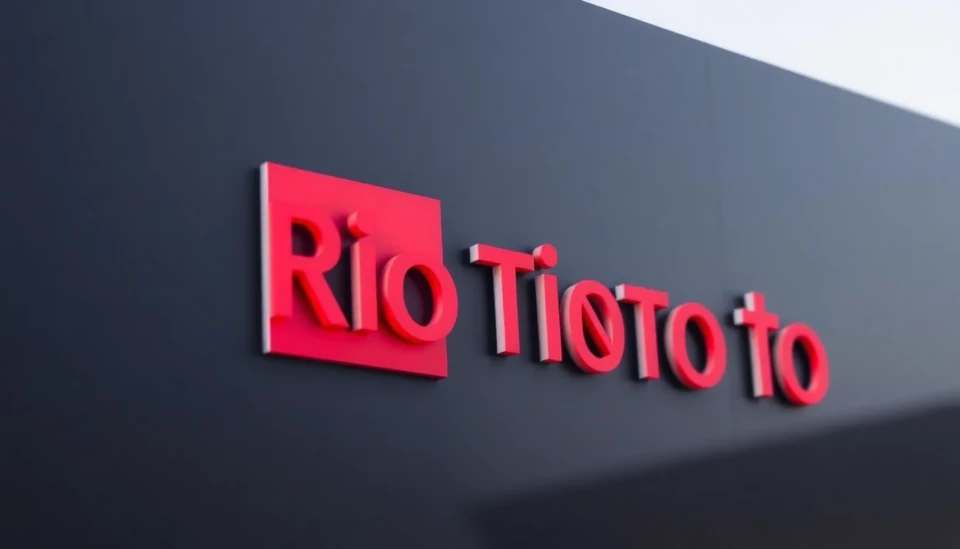
In a recent opinion piece on Bloomberg, discussions surrounding Rio Tinto’s corporate governance have come into sharp focus as shareholders are urged to reconsider their trust in the company's board of directors. Amid ongoing concerns about accountability and decision-making, investors are urged to adopt a "trust but verify" approach towards their leadership.
The mining giant, known for its significant contributions to the global minerals market, is currently facing scrutiny over its recent management decisions and operational strategies. Shareholders, who have historically placed their confidence in the board, are now assessing the need for a more vigilant approach to governance. This shift comes in the wake of multiple controversies that have raised questions about the board's oversight capabilities and the effectiveness of its leadership.
One of the key factors prompting this reassessment is the company's past missteps, particularly in relation to environmental and social responsibility. Following high-profile incidents that have sparked public outcry, Rio Tinto’s board has found itself at the center of discussions about ethical practices within the mining industry. This has led to a broader discussion on the responsibilities that corporations hold not just toward their shareholders, but also towards the communities and environments they impact.
Shareholders are now encouraged to actively engage with the board, questioning decisions that may affect not only their investments but the long-term sustainability of the company itself. The notion of “trust but verify” emphasizes the need for transparency and continuous dialogue between the board and its investors. This mantra serves as a reminder that while trust is fundamental in business relationships, it should be accompanied by verification mechanisms that ensure accountability.
Moreover, the article highlights the importance of understanding the board's composition and the navigating of its strategic direction. Investors are shown how assessing the qualifications and backgrounds of board members can provide vital insights into how well the company is likely to respond to future challenges. In an ever-evolving market, particularly one as scrutinized as the mining sector, having a board that is not only reliable but also capable of innovative thinking and responsiveness is paramount.
Rio Tinto's shareholders are now faced with the challenge of striking a balance between confidence in the management team and the need for rigorous oversight. The success of this approach could serve as a model for other corporations struggling with similar governance issues. By fostering an empowered shareholder base that takes initiative while remaining open to collaboration with the board, Rio Tinto may pave the way for a more resilient and responsive corporate structure.
As shareholders look ahead, one thing is clear: the call for enhanced verification mechanisms in corporate governance is not just beneficial but necessary. In a world where trust can quickly erode, ensuring that Rio Tinto's board remains both accountable and engaged is essential to securing shareholders’ confidence and promoting the company's long-term success.
#RioTinto #CorporateGovernance #ShareholderTrust #MiningIndustry #Accountability #BusinessNews #InvestmentStrategy #EthicalPractices
Author: John Harris




